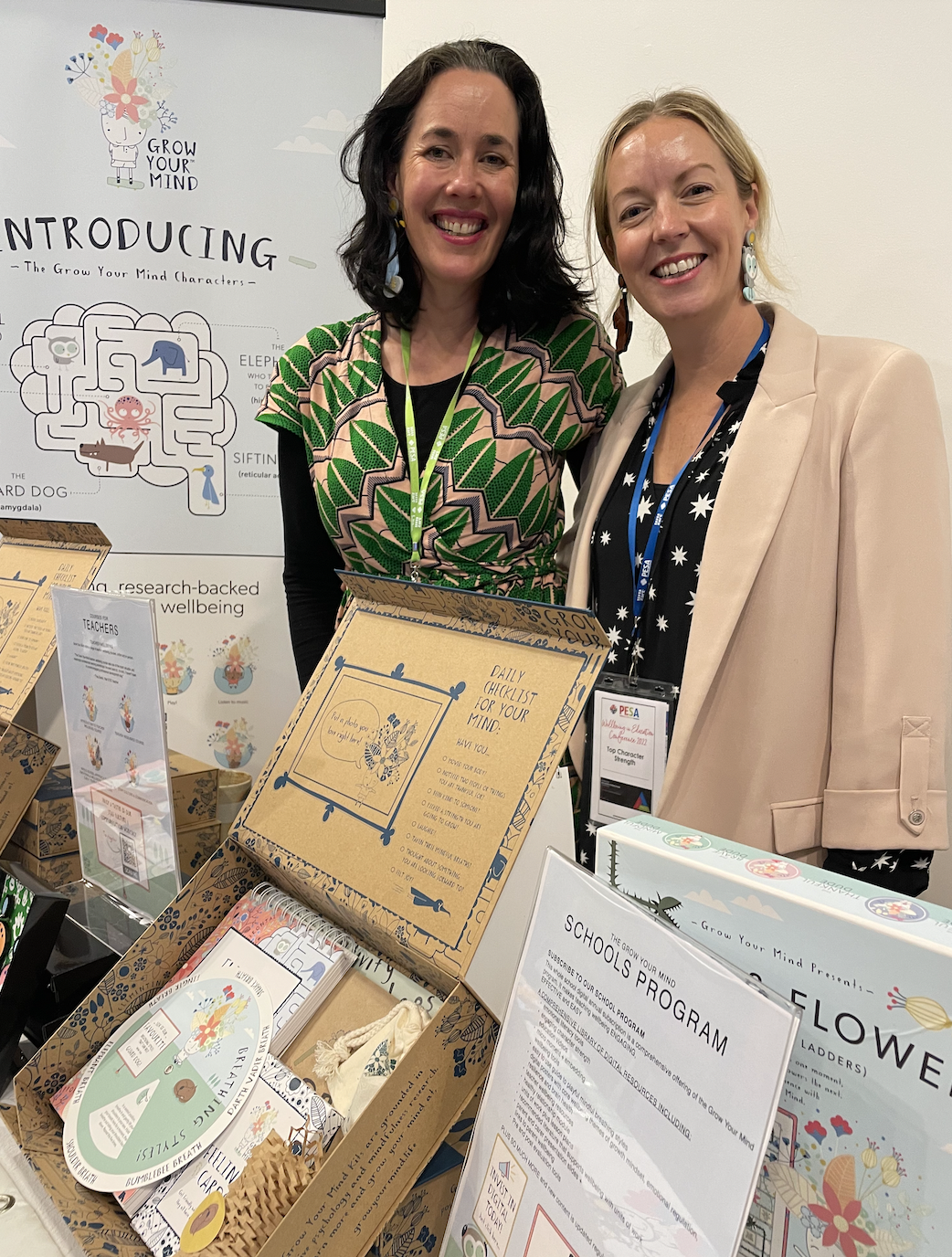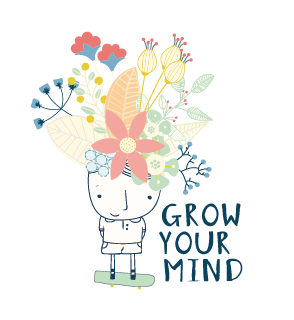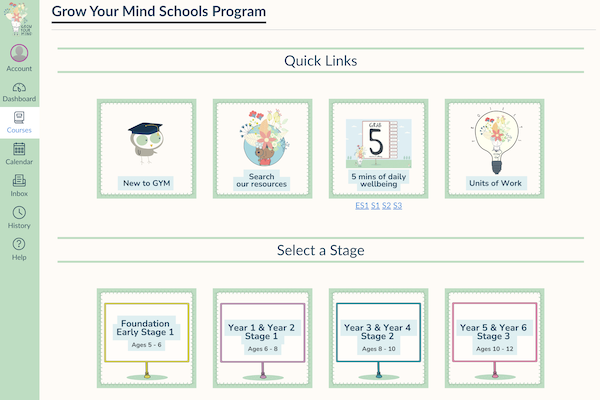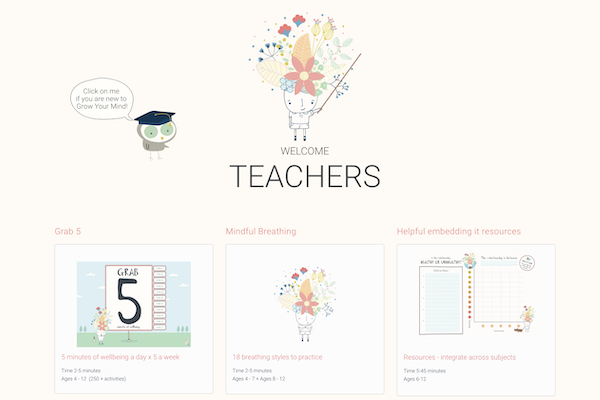
What a magnificent event the PESA 2022 conference was.The combination of being back in person, reflecting on the last few years and hearing the research that is coming out from this time left us feeling deeply optimistic. As a result of attending and contributing we are more committed than ever to our mission of playful and research informed mental health education here at Grow Your Mind. And we are delighted that the conference has also inspired a change for us personally and professionally. We wanted to share 5 ways the PESA conference has created a change in our lives.
Julia’s (Content & Curriculum Manager) had her teacher & workshop facilitator hat on and has come up with two top takeaways for educators:
- Have a cold shower to boost your mental health
Who doesn’t love an icy cold shower?! Well, according to Dr Kristy Goodwin taking one can help boost our wellbeing. Why?! Well the idea is that while technology can be brilliant and enhances comfort and convenience for people – it also deprives us of stretching our resilience capacity. Goodwin shared that we are almost becoming immune to being uncomfortable. The issue here is, when we are being tested, challenged, when we stuff up or have to persevere, it requires us to be comfortable with being uncomfortable. But, if we aren’t used to this we can panic at the feeling!
This week we saw the amazing Ned Brokemann do just this. Whilst I am not suggesting running from WA to NSW, one tip to try could be cold water therapy. Shock your body into an UNcomfortable state. You only need a total of 11min per week to experience a significant positive impact on wellbeing. Hello cold shower in the morning!
- Sharing experiences of positive emotions are more impactful than experiencing them alone
Dr Barbra Fredrickson highlighted the power of experiencing our shared positive emotions. It got me thinking about our collegial relationships and applying the idea that we don’t necessarily need big moments of connection; rather it is about finding small moments throughout the day of positivity resonance. A term we now understand to mean micro ways to show we care about each other or to connect with a shared positive emotion briefly. It is these quality connection moments that can energise us for the rest of the day. So now, instead of waiting for the right moment or a chunk of time, I am creating little moments to express gratitude with my colleagues and to have a giggle.
Watch the short video below where Fredrickson explains the need for schools to make a plan for connection moments by coming up with a “If/Then” plan by asking yourself “When, where & how will you prioritise connection?”
See video for an in class connection idea from Dr Barbara Fredrickson
Now to Kristina Freeman, Co-founder and Director of Social Enterprise and her key takeaways from a family perspective:
I could not wait to get home and share what I heard each day with my family. These are three favourite findings that have helped build some positive family habits.
- 8 minutes of direct sunlight in the first hour of waking is incredibly important to support us to focus.
As Dr Kristy Goodwin shared the impacts of technology on our ability to focus, we made a family commitment to either eat breakfast outdoors, play with the dog, if time permits an 8 minute basketball session (not sure our neighbours are as thrilled about that), or walk or ride to school. It is not always possible, especially with the recent rain. Knowing that those 8 minutes in the first hour can have such a positive outcome have inspired us to not only seek the sunlight but to also have moments of connection while doing it. Which brings me to this little gem…
- ‘Love is a super food’ is our new family mantra.
The word love has recently been seen and used in more of the romantic sense of the word at home. So sharing this powerful statement from Dr Barbara Fredrickson allowed me to help place it back right in the centre of our family values. Love as she describes it, is when we are collaboratively and collectively experiencing positive emotions and this can occur even in times of negativity. Humans thrive off everyday moments of love and this builds both individual and community health.
- 50% of people experience growth after adversity
This is the average found across several areas of research on adversity and it took me by suprise. Call me Eyeore but I expected it to be much lower. There is more good news, this number goes up if there are initiatives to support building key social and emotional skills, respectful relationships and strength based education.
This last nugget of gold came from a powerful keynote by Dr Lea Waters. It really reinforced for me that what we do in the day to day, is so incredibly important. You might not see the direct impact and perhaps you feel you are hitting your head against the wall but it is a long game! The way we are in our daily interactions build the best chance of supporting our children and our students to have the confidence and understanding to back themselves through challenging times and to grow from it.
If you are interested in hearing an optimistic research paper that has come out of the last 3 years check out Dr Lea Waters’ research paper – “Stress-related growth in adolescents returning to school after COVID-19 school closures”.


